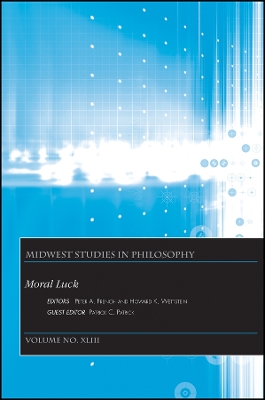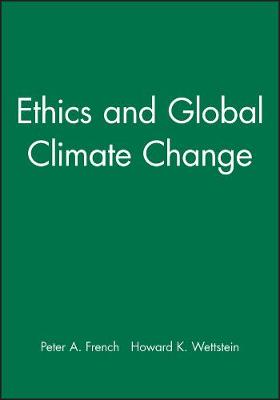Midwest Studies in Philosophy
1 primary work • 3 total works
Book 9
Causation and Causal Theories
by Peter A. French and Theodore Edward Uehling
Many of us are inclined to accept something like the following principle: We can only be properly morally assessed for what is in our control. And yet our ordinary practices seem to frequently violate this principle. The resulting tension, and the attempt to resolve it, is the problem of moral luck. For example, we tend to punish and think worse of the negligent driver who kills a child than we do the equally negligent driver who was lucky there was no child in his path. Thus, the lucky outcomes of our actions do seem to affect the extent to which we hold and are held responsible, but these are not things over which we exercise control. And, as Thomas Nagel famously illustrated in his response to Bernard Williams (the two of which papers form the founding documents of the moral luck debate), the influence of luck is not limited to outcomes. For the circumstances in which we find ourselves and, indeed, our very constitution are also shaped by luck. Since the publication of Williams’ and Nagel’s papers, the existence and breadth of moral luck has been hotly debated. This debate is not a mere intellectual trifle but, as the essays in this volume illustrate, a debate which lies at the heart of free will, responsibility, identity, causation, and self-creation.


